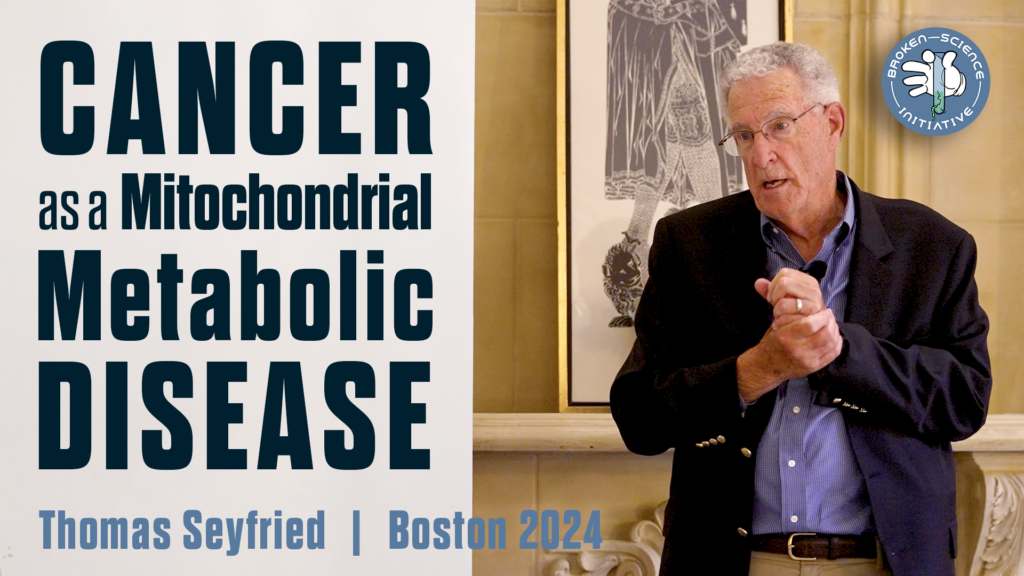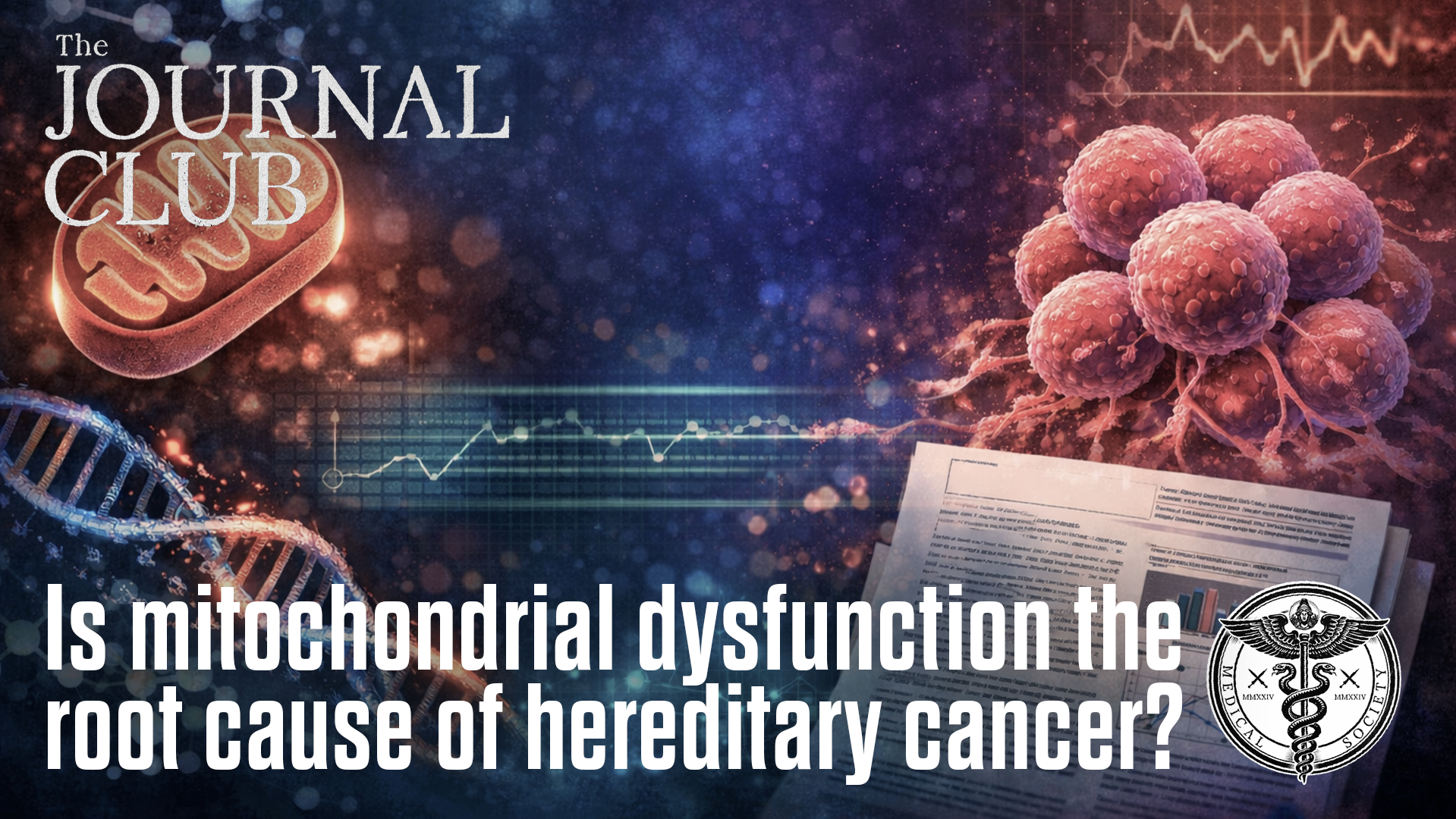On September 21, 2024, Chris Palmer, M.D., presented at a BSI Medical Society event in Boston. Dr. Palmer discussed the rising prevalence of mental illness and the limited success of current treatments like medications and therapy, which often fail to address the underlying causes. He proposes a new approach: considering mental disorders as metabolic disorders that impact the brain, rather than attributing them solely to neurotransmitter imbalances or trauma. By focusing on metabolic health, he suggests we might unify various risk factors—like genetics, stress, and environmental influences—under a single framework that connects physical and mental health.
Palmer argues that mitochondrial dysfunction in the brain could be the root cause of many mental health issues, explaining why mental illnesses often co-occur with metabolic disorders such as obesity and diabetes. People with mental disorders are more likely to develop metabolic diseases, and vice versa.
Palmer also highlights the potential of metabolic treatments, like the ketogenic diet, to improve mental health outcomes by enhancing mitochondrial function. He points out that while some psychiatric medications positively affect mitochondria, others may harm metabolic health, leading to side effects that worsen long-term outcomes.
Dr. Palmer’s ongoing research aims to validate the metabolic theory of mental illness, with the hope of developing more effective, lifestyle-focussed interventions—such as diet, exercise, and supplements—alongside traditional mental health treatments.
This talk was given during the BSI Medical Society Evolution of the Revolution Tour.
Learn more about our Medical Society here.
More From the Series
Let's start with the truth!
Support the Broken Science Initiative.
Subscribe today →
recent posts
A Conversation with Bruce Edwards on Metabolism, Community, and the Road to Health
Journal Club: February 5, 2026
When number-chasing replaces treating the root cause





